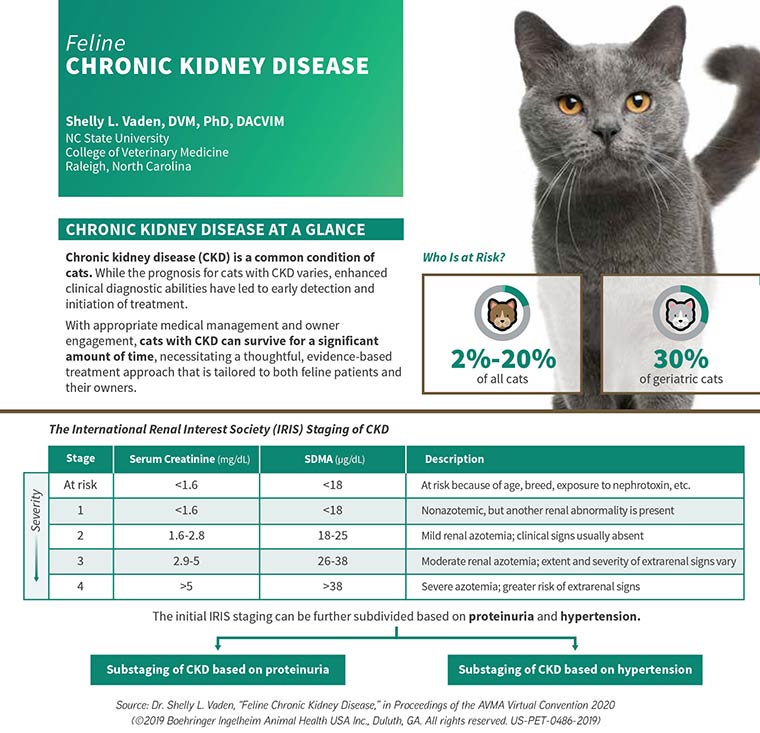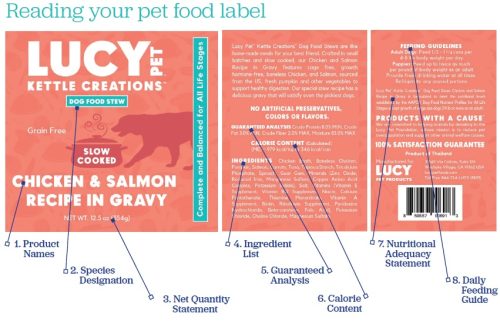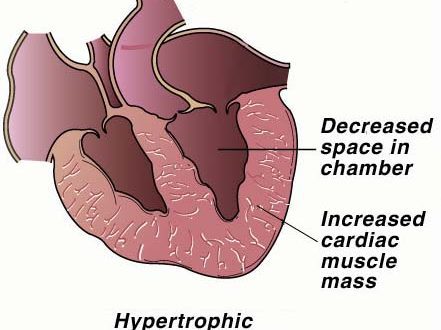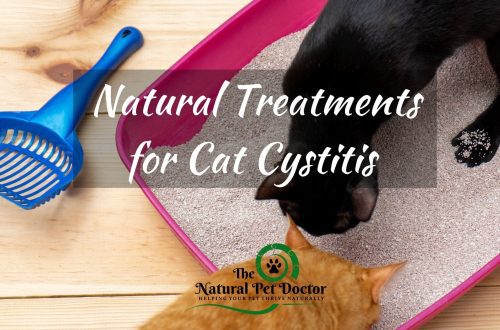
Tips for Treating Kidney Disease in Your Cat
The kidneys play a vital role in keeping a cat healthy. They help control blood pressure, regulate blood flow, produce vital hormones, enzymes, and red blood cells, and remove waste products from the blood. If a cat’s kidneys don’t function properly, it can lead to significant life threatening problems.
Contents
Common Causes of Kidney Failure in Cats
Kidney failure is one of the most common severe diseases in cats, especially adults. There are two types of kidney failure in cats: acute and chronic. Symptoms of acute kidney failure usually appear within a week or month, while chronic kidney disease develops over a longer period. Some cat breeds, such as Persians and Angora cats, are predisposed to developing kidney disease, but the disease is usually acquired.
Possible causes of kidney failure in cats include:
- Decreased blood or urine flow to the kidneys.
- High blood pressure.
- Cancer.
- Obstructions such as kidney stones.
- Poisoning from toxic substances such as antifreeze, pesticides, drugs, cleaning products.
- Progressive dental disease.
- Some long-haired breeds (for example, Persian and Angora cats) have a genetic predisposition to the disease.
- Age over seven years old.
- Foods high in phosphorus or high protein levels may contribute to the progression of the disease.
- Street cats are more at risk of acute kidney disease due to the possible long-term exposure to toxic substances in their bodies.
Symptoms of kidney failure in cats
The common symptoms of kidney failure in cats are difficult to detect due to their similarity to signs of other diseases such as diabetes and hyperthyroidism. Unfortunately, kidney failure is a progressive disease and symptoms may not appear for a long period of time.
If you notice any of the following symptoms in your cat, contact your veterinarian.
Typical symptoms of kidney disease are:
- Lack of energy and increased sleepiness
- Intense thirst
- Decreased appetite
- Weakness
- Inflammation or ulcers in the mouth
- Unpleasant odor from mouth
- Vomiting, diarrhea or constipation
- Common symptoms of dental disease
- Frequent or no urination
- Blood in the urine or cloudy urine
- Poor coat appearance
- Lethargy and depression
- Weight reduction
Treatment of kidney disease in cats
In the early stages of kidney disease, there are usually no symptoms. As a rule, they begin to appear only after the loss of 75% of kidney function. With early diagnosis, acute renal failure can be identified and treated. At the same time, chronic renal failure is an incurable disease that mainly affects adult cats. Symptoms are managed with palliative care. Depending on the animal’s condition, the veterinarian may recommend fluid therapy, dietary changes, blood pressure medications, dialysis, or transplantation.
Because symptoms may not appear until after the loss of kidney function, it is important that your pet has regular check-ups with a veterinarian. Early detection of the disease plays a crucial role in treatment. Also, if you notice any of the above changes in your cat’s condition, it’s best to write them down – this can help your veterinarian determine if further kidney testing is needed. All cats from the age of seven are recommended to undergo a comprehensive examination at the annual examination in order to identify possible problems with the kidneys.
Maintaining a healthy diet can help reduce the risk of kidney disease and kidney failure and improve the animal’s overall health. If your cat has been diagnosed with kidney disease, changing her diet can help slow the progression of the disease and prolong her life. The specially formulated diet food is good for your pet’s kidneys as it contains less protein and phosphorus than other pet foods. Restricting phosphorus in the diet can ease the severity of symptoms and the progression of kidney disease, while high-quality and controlled protein can help normalize amino acid balance.
A balanced diet is an essential part of an active and healthy lifestyle. If your pet has kidney problems, proper nutrition can positively affect her quality of life. Make sure your cat has constant access to fresh, clean water. If you suspect she has kidney failure, consult your veterinarian to determine the best food for her. Be sure to check with your veterinarian about specialized cat foods that support kidney health, and if your cat has kidney problems, make sure the food is right for her.





